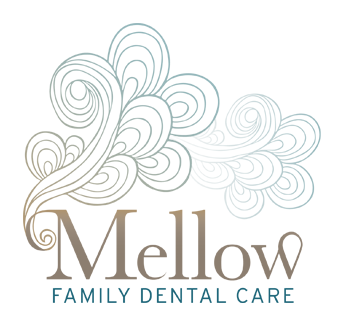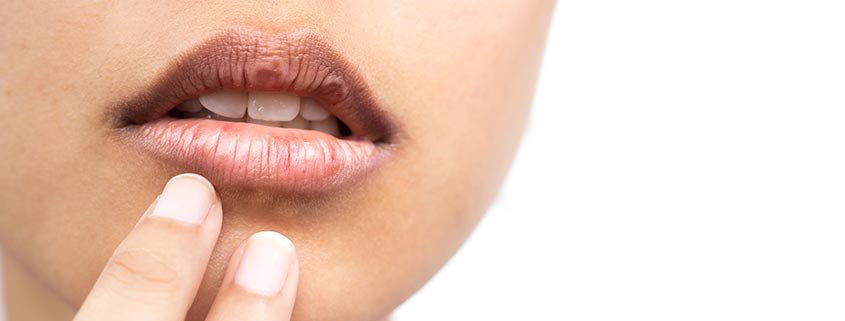Dealing with Dry Mouth: Causes and Solutions
Good oral hygiene is essential for everyone’s overall health. It prevents dental problems such as cavities and gum disease, preserves your teeth, and maintains fresh breath. It also contributes to systemic health, reducing the risk of conditions like cardiovascular disease and diabetes. To assist you all in keeping up your overall well-being, we at Mellow Family Dental Care has this short article written to keep you up to date on what to look out for and how to keep your oral hygiene up to date. Today’s topic will be dry mouth! In this post, we’ll explore the causes, symptoms, and remedies for dry mouth to help you better understand and manage this condition.
What is Dry Mouth:
Dry mouth, also known as xerostomia, is a condition that occurs when your mouth doesn’t produce enough saliva to keep it moist. This may not sound very uncomfortable, however, I don’t believe we give our saliva enough credit. Saliva plays a crucial role in breaking down food for digestion, softening food while chewing and even enhancing the taste of our food! Saliva also prevents infections by lubricating the tissues in your mouth. Certain factors, such as medications, medical conditions, lifestyle habits such as smoking, not consuming enough water or having a diet containing very spicy to salty foods can increase the likelihood of experiencing dry mouth. Medications such as antihistamines, decongestants, and antidepressants are also known to have dry mouth as a potential side effect.
Symptoms of Dry Mouth:
There are a range of symptoms that may persist if you have a dry mouth. Some of the more common symptoms include the following:
- Persistent thirst
- Dry or sticky mouth sensation
- Difficulty swallowing
- A sore throat
Luckily, there are a couple of remedies you can try before reaching out to a healthcare provider!
To alleviate some of these symptoms:
- Stay Hydrated: Drink plenty of water throughout the day to keep your mouth moist.
- Avoid or lower your consumption of alcohol, cigarettes and caffeine.
- Use mouthwash and toothpaste designed for dry mouth.
While dry mouth itself may not always be a serious health issue, it can lead to discomfort, difficulty speaking, swallowing, and eating, as well as an increased risk of dental problems such as tooth decay and gum disease if left untreated. Therefore, it’s essential to address dry mouth symptoms and consult a healthcare professional if they persist or worsen.
Thank you for reading! We hope that this post has educated you or assisted with any questions you may have had. If you found this post helpful but still have some more questions, please don’t hesitate to ask! Feel free to reach out to us here at Mellow Family Dental Care at [email protected] or send us a message at @mellowfamilydental on Instagram and Facebook.



